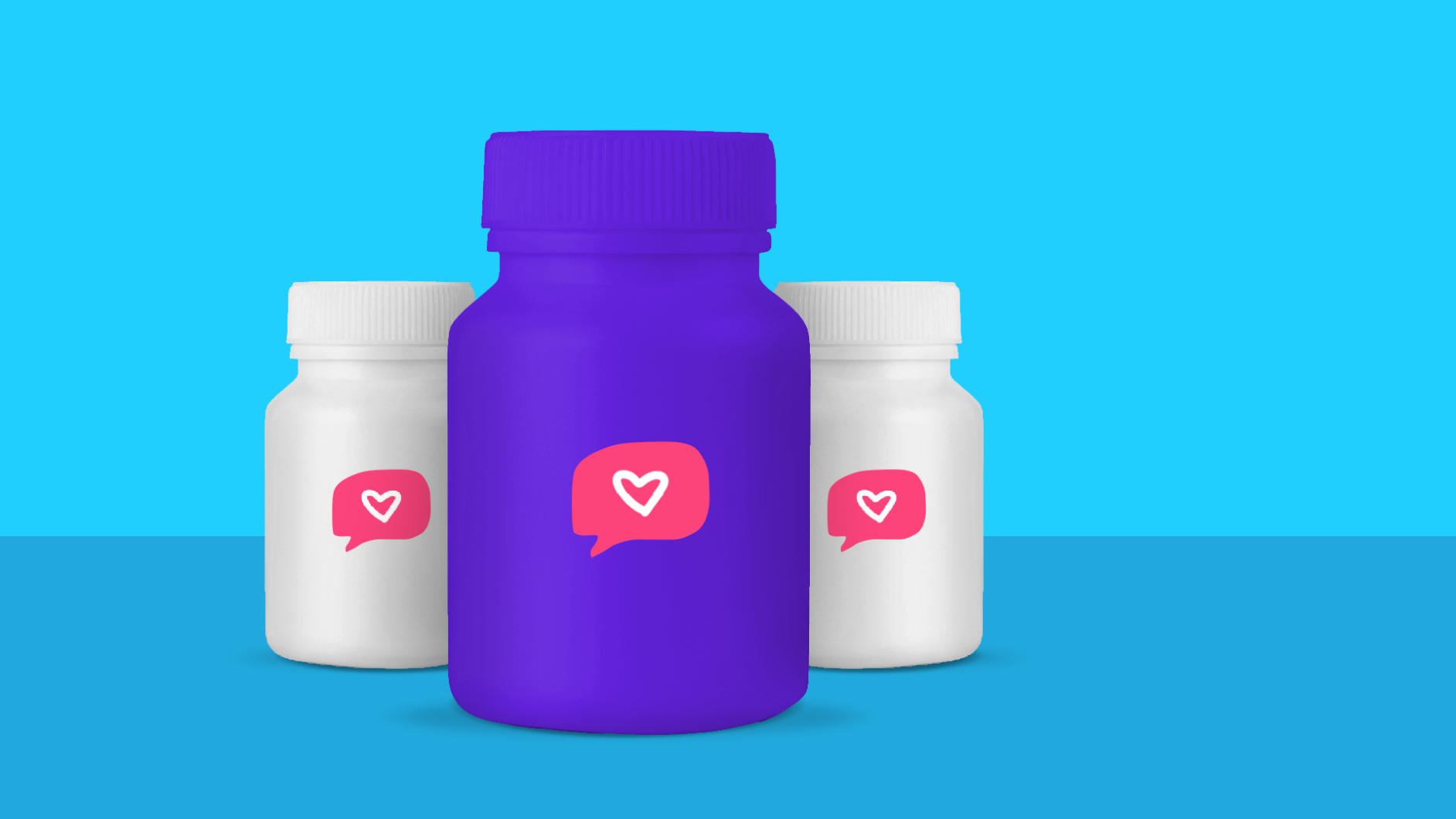Key takeaways
The top five prescriptions filled using SingleCare in April 2019 were all blood pressure medications, highlighting the prevalence of hypertension.
103 million people in the United States have high blood pressure, a number that has increased partly due to updated guidelines lowering the target for what is considered high blood pressure.
SingleCare users often choose the service to minimize out-of-pocket costs, especially those on high deductible insurance plans facing high costs for even generic medications.
It is critical to manage blood pressure through medication as prescribed and lifestyle changes, as uncontrolled high blood pressure significantly increases the risk of heart attack and stroke.
You’d probably expect cold and flu medicines to top the list of the most popular prescription drugs in January or February year-to-year on SingleCare. And as winter drags on, it’s not a total surprise that vitamin D prescriptions are popular in March.
But what about April? Allergy meds for those spring allergies? Antivirals for the last bit of influenza before flu season winds down? Meds to bring down your blood pressure after you file your tax return?
That last category may actually be close to the truth. The top five prescriptions filled using SingleCare’s prescription card in April 2019 were all blood pressure medications used to treat hypertension. So, what is the most popular medication for high blood pressure? Our list, according to SingleCare prescription data, includes:
- Lisinopril (generic Prinivil), an angiotensin-converting-enzyme (ACE) inhibitor
- Losartan potassium (generic Cozaar), an angiotensin II receptor blocker (ARB)
- Lisinopril-hydrochlorothiazide (generic Zestoretic), a combination of an ACE inhibitor and a diuretic
- Clonidine HCl (generic Catapres), an alpha-2-agonist
- Losartan potassium-hydrochlorothiazide (generic Hyzaar), a combination of ARB and a diuretic
Why high blood pressure medications?
If you’re wondering, “Why hypertension medications?” consider this: 103 million people in the United States have high blood pressure, according to the American Heart Association. That’s a lot of people who might need help controlling their blood pressure and bringing it down to a normal range.
Leann Poston, MD, a physician and contributor for Ikon Health, points out that there are actually more people now who have high blood pressure than just a few years ago. But that’s because the guidelines for and definition of hypertension recently changed, ushering more people into this category.
The 2014 guidelines by the American Heart Association and American College of Cardiology recommended a target blood pressure below 140/90 Hg for all adults. Then in 2017, they changed the guidelines to lower the target to below 130/80 Hg.
Not all of those people would necessarily need to take a high blood pressure medication. But it would stand to reason that some additional people might need to take medicine to lower their blood pressure to keep it under the limit.
As for why people with SingleCare cards filled so many prescriptions for these meds last April, Kristi Torres, Pharm.D., a member of the SingleCare Medical Review Board, speculates that it may also have to do with their insurance plans.
“Many patients are on high deductible plans, and as pharmacists, we see third party payors pass along a large amount of that deductible, even on relatively inexpensive, generic blood pressure medications,” she says. “I think people are realizing they can minimize their out-of-pocket costs by using SingleCare to find the best price.”
On the job, Dr. Torres regularly receives prescription requests for ACE inhibitors, angiotensin receptor blockers, and beta-blockers. “These drugs are well known, generic, and physicians tend to have a great deal of experience prescribing them,” she explains.
RELATED: ACE inhibitors vs. beta blockers: Which blood pressure medication is right for you?
Stay on top of your blood pressure
It’s critical to take your blood pressure medication as prescribed, experts say. Uncontrolled high blood pressure increases your risk for potentially dire events like heart attack and stroke. Approximately 50% of people who have their first heart attack and 66% of people who have their first stroke have high blood pressure, according to the Centers for Disease Control and Prevention (CDC),
“Knowing your numbers and seeking medical care to control blood pressure, even if you feel fine, is essential to maintaining your health,” says Dr. Poston. “In addition, according to the American Heart Association, these non-pharmacological interventions can lower your blood pressure: lose [5% to 10% of body] weight if you are overweight or obese, eat a heart-healthy diet, restrict sodium intake, supplement with potassium, increase physical activity, and limit alcohol to one (for women) or two (for men) standard drinks per day.”
RELATED: How to lower blood pressure quickly and naturally
It’s worth your while to learn as much about the medications you’re taking, too. For example, if you’re one of the many who take medication like lisinopril to keep your blood pressure within normal limits, be sure you’re familiar with possible side effects. Dr. Torres notes that lisinopril and other ACE inhibitors can cause a dry, nagging cough in many people who take them—so you might bring that up with your doctor if it becomes a problem for you. Your doctor may be able to recommend an alternative, like an ARB like losartan.
And no matter the type your doctor prescribes, don’t forget to compare prices on singlecare.com to make sure you’re receiving the best price possible.




